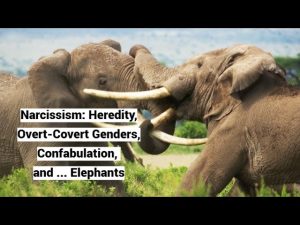
Masked Narcissist: Private vs. Public Personas
Narcissism is best understood not as a stable personality but as a dynamic, automated process of mask-changing without any core self beneath. The narcissist is a “mask colony,” a hollow performance that shifts to fit environmental demands but never reveals genuine identity. Masked Narcissist: Private vs. Public Personas









